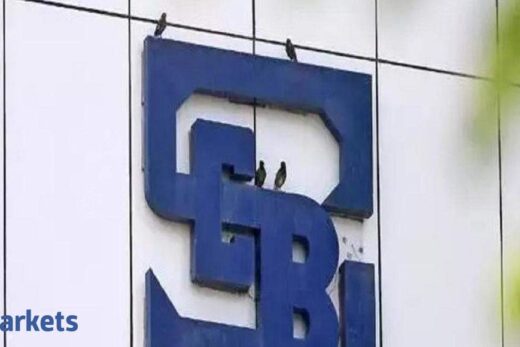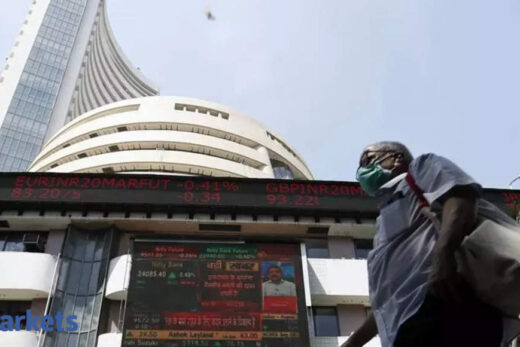“It was a frustrating evening; the price was fluctuating so much. I was trying to sell some coins and buy a few to average out but was unable to do so. There was a problem with the MobiKwik wallet and it lasted till Wednesday. The prices went up the next day, and I lost out because I couldn’t trade,” he said.
The Wazir X app crashed for some time due to heavy transaction volumes and its CEO Nischal Shetty had to tweet that the exchange was experiencing delays and was working on fixing the problem.
Meanwhile, thousands of panic-stricken small investors were left staring at their screens, and some took out their frustration by venting on Twitter. It was what in crypto slang is described as an – fear, uncertainty and doubt – moment.
Industry experts say users of the largest exchanges – Wazir X, Coin DCX, and CoinSwitch Kuber, among others – witnessed some delays in trades and faced payment issues.
“The sell-off that happened earlier in the week happened across some of the biggest Indian crypto exchanges. Transfers from some of the biggest Indian crypto exchanges had stopped working temporarily. Cryptos with the trading pair against the Indian rupee took the biggest hit. But Mudrex didn’t see any noticeable sell-off,” said Edul Patel, CEO & co-founder at Mudrex.
Small crypto investors say top exchanges facing problems on high transaction days is becoming a recurring problem.
“It’s a pattern now. Whenever transactions are high, the exchanges crash, or trades don’t go through. The CEO tweets that we are fixing glitches. But my question is, why does it happen again and again?,” says Vishal Gupta, a Noida-based investor and popular crypto commentator.
Social media is littered with complaints by users about trades not going through, charts not updating, frequent problems with wallets, changes in banking channels, and KYC-related issues.
Earlier in September, when China’s central bank announced that all transactions involving cryptocurrencies were illegal, users encountered similar trading problems.
A few smart investors have already started derisking themselves. Vikas Jaiswal, a Kolkata-based real estate developer who likes to dabble in crypto, says, “Now I operate four accounts – CoinDCX, CoinSwitch Kuber, Wazir X and Vauld. So that in the event of any glitch, I can quickly switch between different accounts and not lose out on any opportunity. Also, not all exchanges have all the coins I want to trade in,” he said.
On Friday, at 2 PM, Gujarat-based crypto trader Abhishek Panchal tweeted a screenshot of key crypto currencies like Decentraland, Enjin and Bitcoin showing abnormal price change on Wazir X due to a bug. “The glitch was fixed after some time. I quickly tweeted to let other people know there was a problem,” Panchal told ET.
There is a growing chorus of people who say that exchanges should be penalised for failing to close trades or should be regulated like equities so that small investors don’t lose money. ” Sebi launches a probe if people lose money in equities due to a website’s glitches. There are remedies available. Where do small crypto investors go? Where do we complain?” says Gupta.
Wazir X CEO Nischal Shetty didn’t respond to ET messages, and CoinDCX didn’t reply to the ET questionnaire.
With limited information coming from exchanges, the market is rife with unfounded rumours: exchanges slow down trading to prevent sell-offs; exchanges are manipulating markets, exchanges are active participants in trading, etc.
Since March, exchanges have been experiencing unprecedented growth, and most of the new users are young and from smaller towns in India, with limited knowledge of the asset class, often lured by the high-voltage ad campaigns featuring celebrities. They tend to panic more, especially when there is some adverse news. “Crypto has caught the fancy of small investors because it allows people with ₹25,-000-30,000 to have a chance at becoming a lakhpati. That’s a big thing in the hinterland. Both the government and exchanges have a duty to save their investments, “said Gupta.



